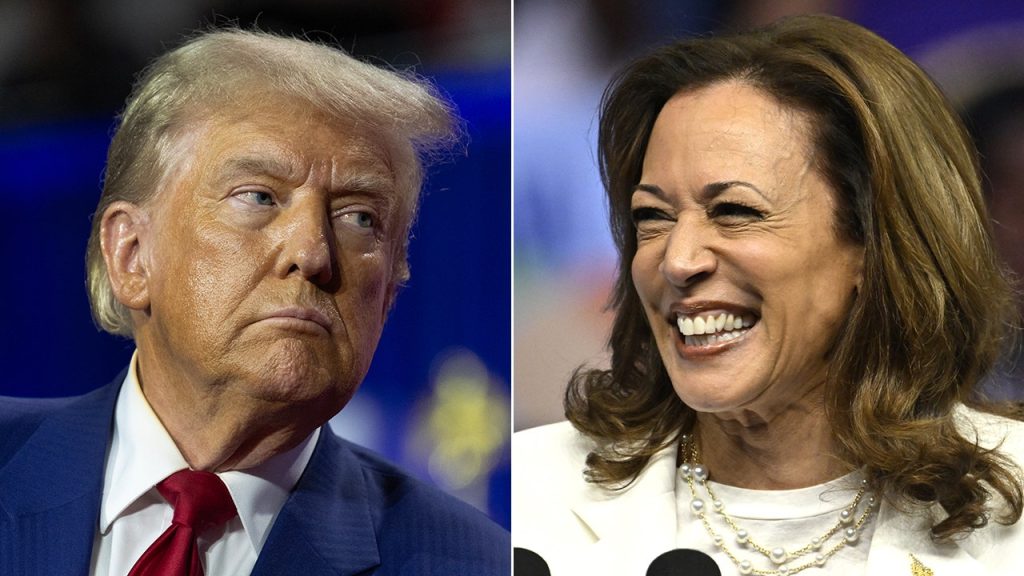A growing group of Muslim voters in Georgia are expressing their discontent with both Vice President Kamala Harris and former President Donald Trump due to their support of Israel amid the ongoing conflict in the Middle East. Harris has stated her support for Israel’s right to defend itself and has called for a ceasefire in Gaza, while Trump has declared himself as Israel’s protector. In battleground Georgia, where the Muslim population could impact the outcome of the election and determine the allocation of the state’s 16 electoral votes, this dissatisfaction with both candidates could be significant.
Kristen Truitt, a Muslim American voter in Atlanta, who has traditionally voted for Democrats, is now withholding support from the party due to their stance on Israel. He finds the allocation of unlimited funds and support for Israel to be unreasonable. As the conflict in Gaza continues, with significant casualties reported on both sides, the sentiments of Muslim voters against both Harris and Trump are intensifying. The conflict has now extended to include Israel targeting Hezbollah terror elements in Lebanon, further fueling the discontent among Muslim voters.
Amidst the alienation of Muslim voters from both major parties, campaign groups like “Abandon Harris” are urging Muslims to consider voting for third-party candidates as a way to protest the unwavering support for Israel from both Democrats and Republicans. This shift in voting behavior is aimed at sending a strong message to the political establishment that the Muslim community’s votes cannot be taken for granted. More than 10,000 Muslim voters have already pledged their support for third-party candidates who have taken a stand against Israel’s actions in Gaza, such as Libertarian Chase Oliver and the Green Party’s Jill Stein.
The ramifications of losing the support of Muslim voters are expected to impact Harris more than Trump, given the historical struggle of the Republican candidate to secure votes from the Muslim community. Emory University law professor Alicia Hughes, a voting expert, notes that a more vocal criticism of Israel from either Harris or Trump might not necessarily translate into gaining more votes. The potential loss of support from the Jewish community versus the gain from the Muslim community could be a delicate balance for both candidates to navigate.
The discontent among Muslim voters in Georgia and across the country reflects a broader sentiment within the community regarding the ongoing conflict in the Middle East. The call to abandon both Harris and Trump is a clear signal that traditional support from the Muslim community cannot be taken for granted by either major party. As the election approaches, the decision of these voters to support third-party candidates sends a powerful message about the need for a more nuanced and balanced approach to issues related to Israel and the Middle East in the future.
Ultimately, the decision of Muslim voters in Georgia could play a crucial role in determining the outcome of the presidential election, particularly in a battleground state like Georgia where every vote counts. The growing recognition of the Muslim community’s impact on the electoral process highlights the importance of engaging with diverse communities and addressing their concerns. As the conflict in the Middle East continues to escalate, the stance of political leaders on these issues will undoubtedly shape the voting behavior of Muslim Americans and the broader electorate in the upcoming election.














